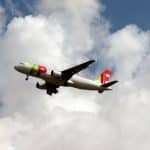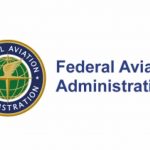A need for more aircraft maintenance engineers for eVTOL
The aerospace industry has been sounding the alarm about technical personnel shortages for several years, but how much will the arrival of eVTOLs complicate the situation, and what is being done about that?
We have about 24 to 46 months to get sufficient number of initial eVTOL pilots trained, but many properly-trained engineers and aircraft maintenance engineers (AMEs) will also be needed. In maintenance, this also includes technicians, mechanics and A&P (aircraft and powerplant) maintenance crews.
In a broad sense, Zac Noble, director of flight operations and maintenance at Helicopter Association International (HAI), explained that until advanced air mobility (AAM) aircraft achieve type certification, exactly what their maintenance will look like is a “significant unknown.”
“What we do know,” he said, “is that we will continue to require trained, certificated A&P maintenance professionals.” The exact number needed is of course not easy to pin down, but as explained in HAI’s recently-updated Roadmap of Advanced Air Mobility Operations, “within the anticipated high-density AAM ecosystem, there will be a significant number of daily flights, warranting maintenance to maintain the integrity of the entire AAM industry.”
Required maintenance will encompass ongoing aircraft parts and system inspections, various maintenance procedures, repairs, components replacement and more on-site (at vertiports) and off-site maintenance.
And maintenance crews will need to adequately cover both scheduled flights and unscheduled flights as well. The number of eVTOLs and volumes of flights required for the latter, which will include emergency response and disaster relief, are hard to anticipate but will likely be significant in the years to come.
In terms of the knowledge that will be needed by maintenance personnel to work on eVTOLs, the National Business Aviation Association (NBAA) has no specific concerns at this point.
“As the market continues to progress, we’ll have a better idea what gaps need to be addressed,” said Stewart D’Leon, NBAA’s environmental and technical operations director. “But the basics are already covered by what technicians are taught today.”
D’Leon noted that over the past few decades, avionics/electrical training has continued to evolve, which will help technicians be better prepared for working on eVTOLs. But he added that “this is not really any different than any other new technology that has entered aviation. The only constant in aviation is change, and we continue to adapt.”




